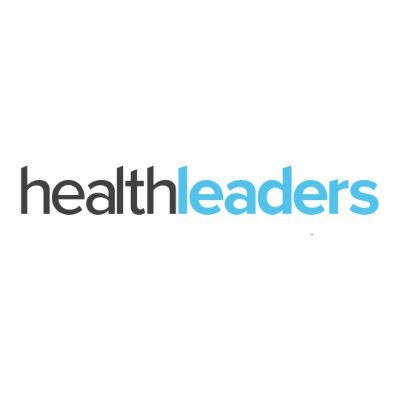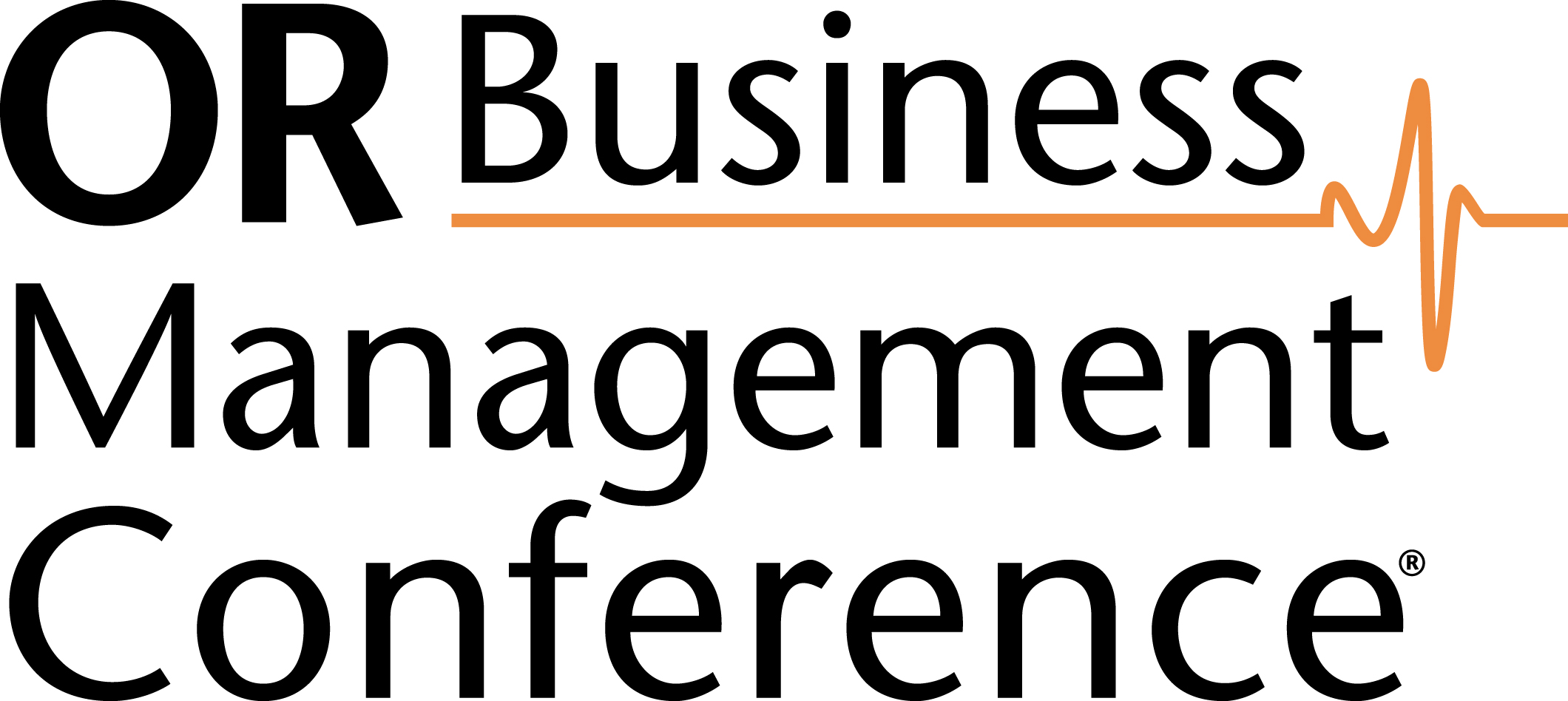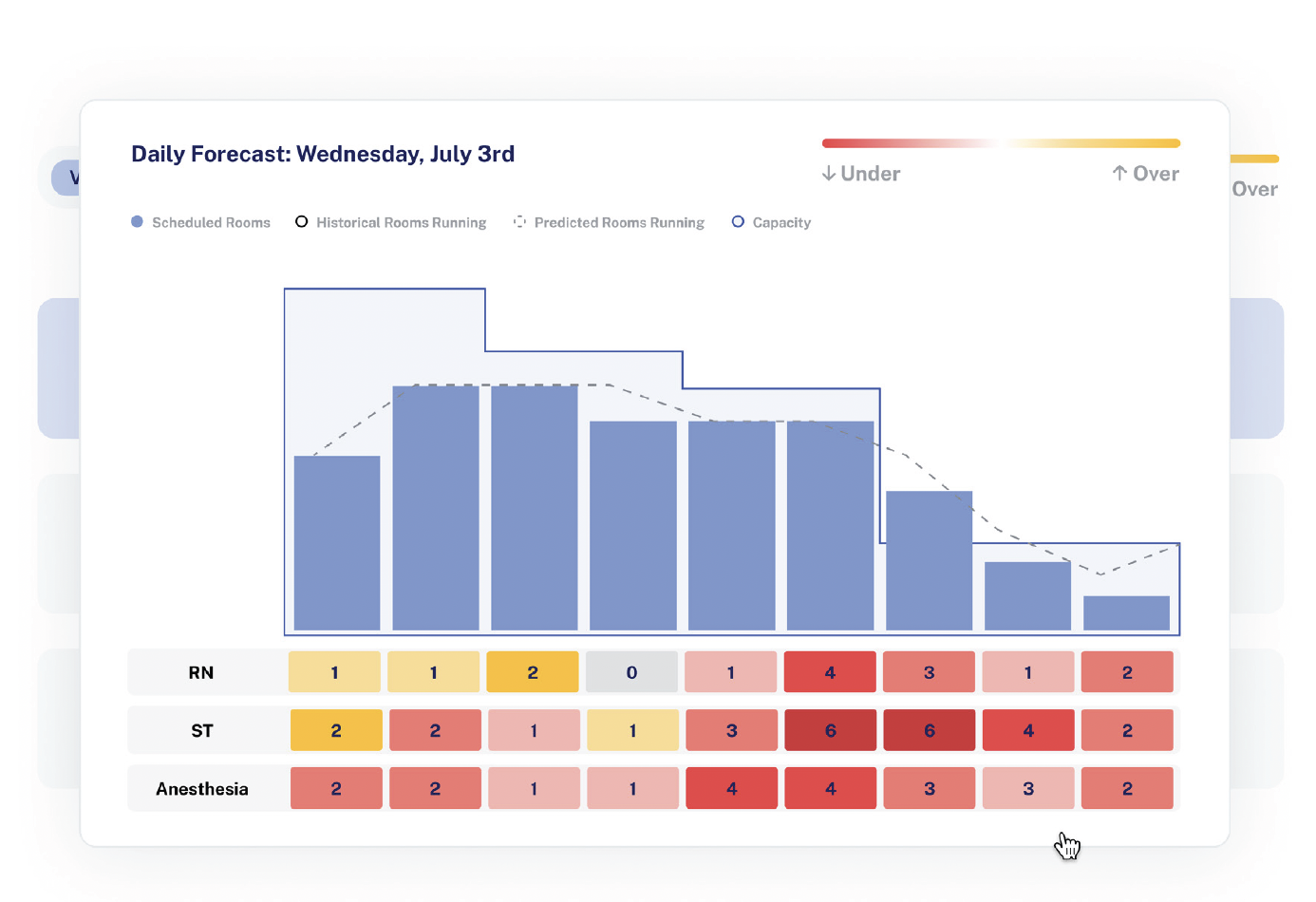 Perioperative Leadership
Perioperative Leadership
HHS withdraws appeal on rule limiting hospital use of web tracking technology

Editor's Note The US Department of Health and Human Services (HHS) has withdrawn its appeal against a federal court decision that blocked a rule restricting hospitals from using tracking technology on their websites, HealthLeaders August 30 reports. This rule, proposed in December 2022 by the HHS Office for Civil Rights,…
OR Business Management Conference: Lowest rates expire soon

Editor's Note The lowest rates in the last decade for the leading financial summit designed for business leaders in perioperative services will end September 6. The 2025 OR Business Management Conference, taking place February 10-12 at the Saddlebrook Resort in Tampa, Florida, offers attendees the opportunity to learn and network…
Study: Women face higher mortality risk than men for postop atrial fibrillation after cardiac surgery

Editor's Note A recent study from two tertiary care centers highlighted significant sex differences in long-term outcomes after cardiac surgery, especially concerning postoperative atrial fibrillation (postopAF), MedPage August 21 reports. The study, published in JAMA Network, found that while women were less likely than men to develop postopAF following a…
Time to sign up for the ASC administrators CASC training course

Editor's Note The OR Manager Conference is proud to announce it will offer a 1-day training course outlining core areas of study for the Certified Administrator Surgery Center (CASC) exam to earn the CASC credential. This training is ideal for those responsible for the operations of running an ambulatory surgery…
CMS expands social determinants of health screening to outpatient settings

Editor's Note The Centers for Medicare & Medicaid Services (CMS) is expanding its social determinants of health (SDoH) initiatives to include outpatient settings, starting with voluntary reporting in 2025 and moving to mandatory reporting in 2026, MedLearn Publishing August 26 reports. This expansion aims to address gaps in care by…
Surveyed nurses more satisfied with electronic health records, but concerns remain

Editor's Note Reliability and response times remain electronic health record (EHR) headaches for nurses despite an increase in overall satisfaction with the systems, Becker’s Health IT August 20 reports. The data is from an August report from KLAS Research based on insights from the Arch Collaborative EHR Experience Survey, which…
Survey: Staffing woes ease slightly, but challenges remain

Takeaways • Surgical volume continues to increase for most organizations. • Staffing remains a challenge, although some parameters, such as recruiting and turnover, have improved slightly. • Filling an open RN position takes an average of 77 days, and filling a surgical technologist position takes an average of 120 days.…
Staffing solutions depend on collaborative, innovative culture

There is no shortage of advice, opinions, and proposed solutions when it comes to staff shortages, but the issue continues to plague healthcare systems nonetheless. For a couple of years now, speakers at the OR Business Management Conference and OR Manager Conference have been asking attendees, “Who still struggles to…
How perioperative staff can combat human trafficking—Part 1

Human trafficking (HT) is a global public health crisis and one of the fastest growing criminal enterprises that grosses hundreds of billions of dollars annually, all of which are tax-free profits made off the sale of human cargo. And yet, research shows the problem is poorly understood or recognized among…
Pilot project takeoff proves promise of AI staff optimization

Perioperative leaders face mounting pressures to optimize resources, reduce costs, and improve patient outcomes. However, one challenge stands out among the rest: OR staffing shortages. According to a November/December survey conducted by LeanTaaS in collaboration with OR Manager, staff recruitment and retention is a top priority for OR leaders this…

 Free Daily News
Free Daily News